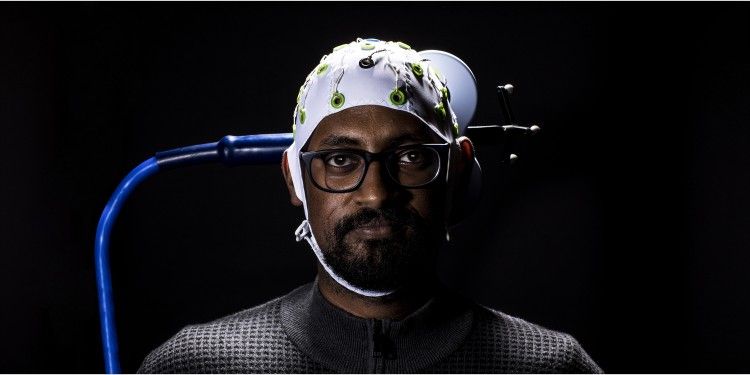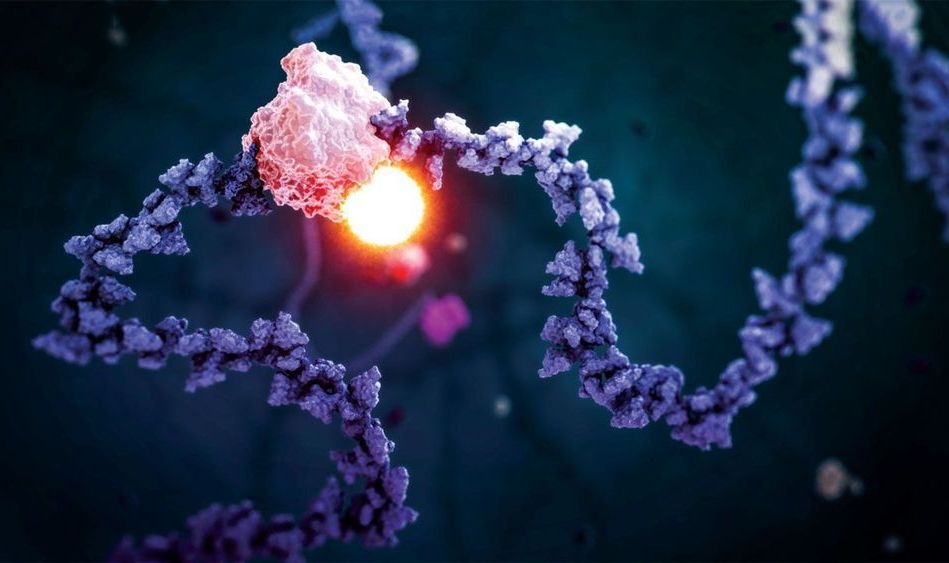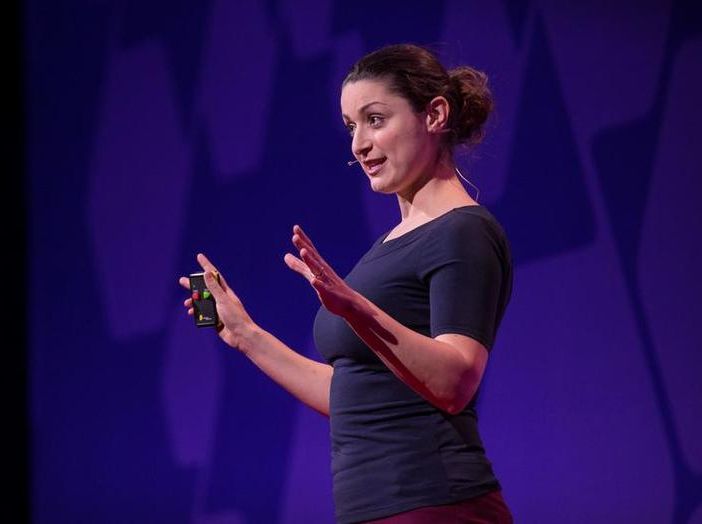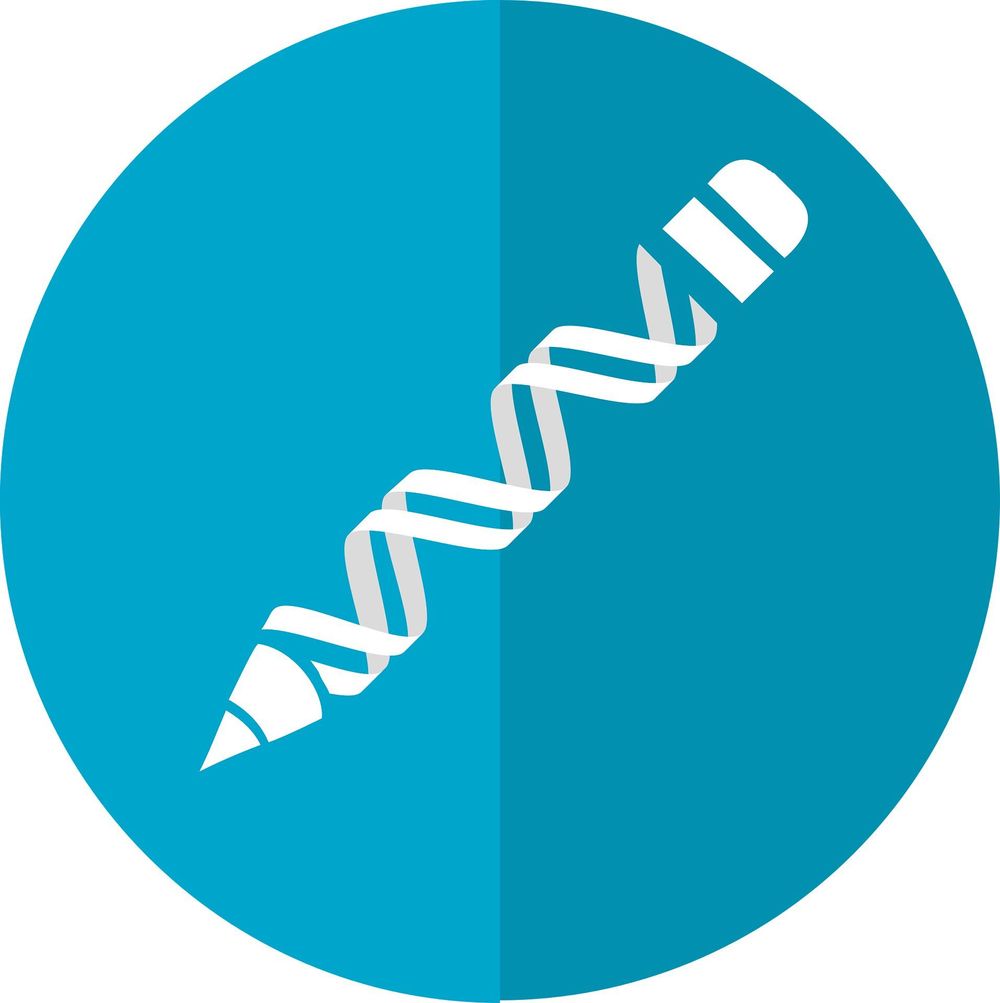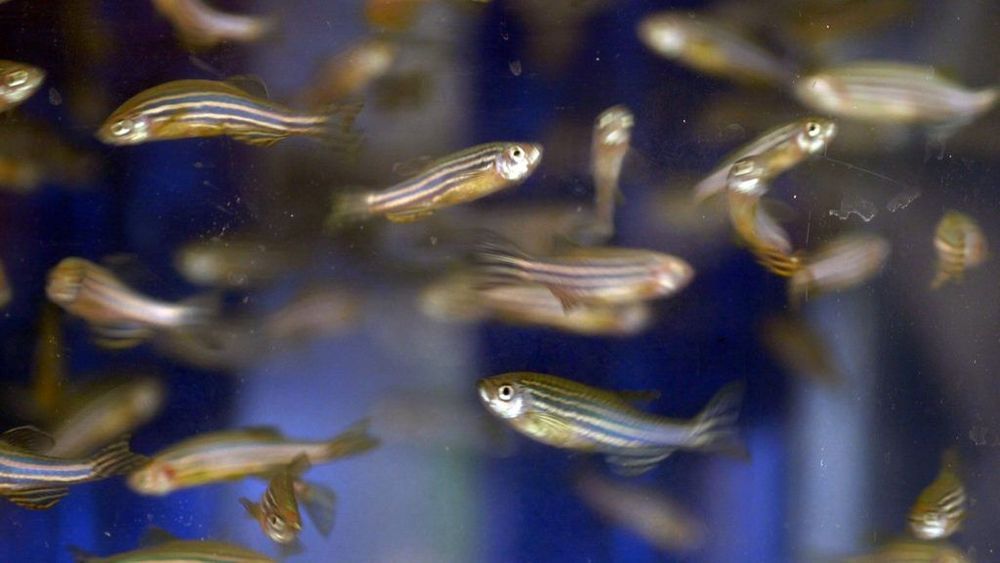What is today’s NASA’s Orion Spacecraft ascent abort test all about? We’re verifying the Orion capsule’s launch abort system, a tower on top of the crew module, can steer the capsule and astronauts inside it to safety in the event of an issue after liftoff. The test is quick, fast and high, lasting less than three minutes with the test crew module reaching an average speed of Mach 1.5, roughly 1020 miles per hour, at approximately 32,000 feet in altitude.
Live coverage: https://go.nasa.gov/323AaQO Latest updates: https://go.nasa.gov/323AbnQ


